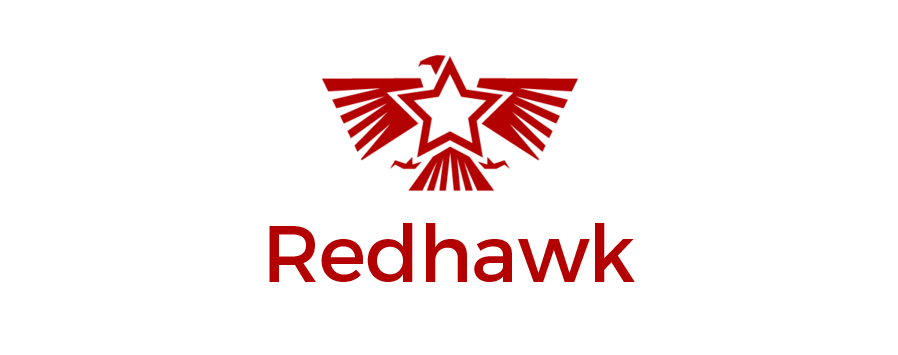It’s a Tuesday afternoon, and your account manager just pulled up to their third sales appointment of the day. They whip out their iPhone and feverishly search Google for any information about the company they’re about to see. They find something about the last company picnic and skim the first three sentences of a blog from their former president before they run out of time.
Armed with this information, they walk into the appointment and proceed to conduct the exact same presentation they conducted in the previous 50 appointments. They ask rhetorical questions like “If I showed you how to make a million more dollars, would you be interested?” and “What keeps you up at night?” They regale the buyer with stories about other “customers just like them” they have “partnered with” and for whom they “delivered incredible solutions.” At some point, there’s a glossy piece of marketing material pushed across the buyer’s desk. Next, they awkwardly work in some inane comment about the picnic picture of the three-legged race in an unwelcomed attempt to build a “relationship.” Just to complete the tragedy this appointment represents, they proceed to offer a discount on the “standard price” before the buyer even requests it.
Our salespeople, who should represent themselves as professionals, have the most product knowledge, and display the highest levels of communication abilities are running around like a bunch of dilettantes.
They walk into meetings unprepared and proceed to deploy some atrocious combination of 80s era rhetorical sales questions and “hacks” designed to trick buyers into behaving a certain way. They use an identical approach and ask the same questions regardless of who the person sitting across the table may be. Regardless of the answers they get from those formulaic questions, the offered solution is always—like magic—the same.
Over the course of that 20-minute sales meeting, you inflicted your salesperson on that poor buyer.
You should be cringing right now—not because this scenario is disturbing—but because this is probably being done in your name as you read this.
Just in case you think I’m being dramatic, consider the following questions:
When was the last time you went on an actual sales meeting with one of your salespeople? What sales training have you provided? What resources have you given them since you onboarded them, authorized their email account, threw some leads across the company’s automated CRM, and wished them happy hunting?
Meanwhile, you demand increasingly difficult sales goals in tightening markets without providing support that will help them continue any measure of success. Salespeople tend to be fairly creative. They’ll find a solution in the absence of you providing one for them. Unfortunately, you may not like the solution they employ.
This is not their fault—it’s yours.
We regularly require our accountants to be CPAs, insist our programmers are certified, and expect our HR team members to hold SHRM memberships. Why don’t we support that same level of professional rigor for our salespeople?
In today’s shrinking world, competitors spring up daily, prices are being squeezed hard enough to be considered commoditized, and products are outmoded quickly. What you sell and how it is differentiated has become increasingly marginalized.
For every buyer, there could be four or five sellers.
Professional sales training is something you owe your salespeople, company, and brand. Most importantly, you owe it to your customers.
Effective sales training doesn’t necessarily cost that much when compared to what’s at stake. If the average salesperson were to improve their conversion percentage by 10% on a $500k annual sales goal, that translates into $25k in additional sales. Using our sales training program, Engagement Selling System as an example, we charge $950 per seat for our class. Most of the salespeople attending our training are responsible for generating more than that in sales revenue every day.
How you sell is as important as what you sell. If you have untrained and unprepared salespeople, the competitor who has invested in their own sales training is going to eat your lunch. According to Daniel Goleman in Working with Emotional Intelligence, the top 10% of salespeople produce double the revenue as an average salesperson with similar products or services.
It matters to your buyers that the salesperson you send them is professional and capable. If the peak of their powers is represented in the panicked efficiency they demonstrate when using a smartphone to dig up useless information about their buyer in the parking lot minutes before the scheduled appointment, you need to reinvest in your sales team’s training.

